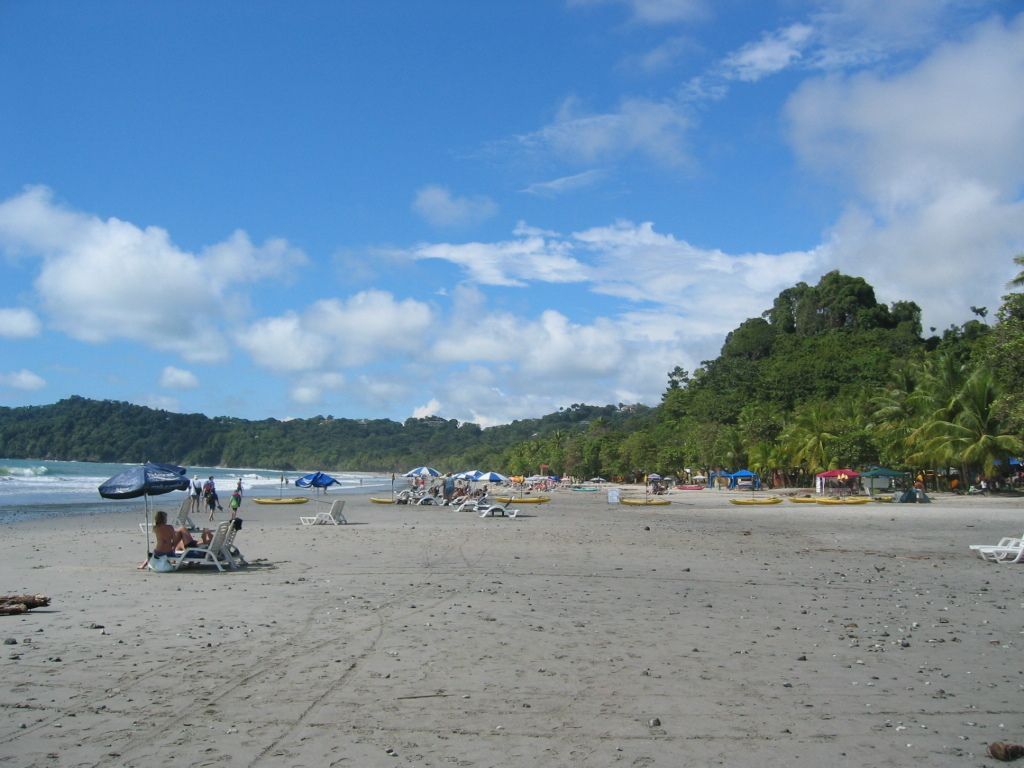"Risk Looms with Potential Changes": Archaeologists from INRAP go on strike on Thursday, standing up for proactive excavations
Uncensored Take:
The French National Institute of Preventive Archaeological Research (Inrap) is organizing a strike on June 12, setting up a protest in Paris. They're putting their foot down over an amendment in the current simplification law, being debated in the National Assembly. This controversial add-on could threaten the existing oversight system for archaeological excavations in France.
Here's the lowdown: Archaeological prevention has been around in France for about a quarter-century. When developers eye a construction project, the ministry of culture reviews their plans. If the project may impact potential heritage sites, the ministry orders scientific studies. If heritage is a possibility, archaeological digs may be prescribed. It's only about 2% of all cases: roughly 450 sites every year. Once these sites are cleared, they're handed back to the developers—unless something extraordinary is uncovered.
But the amendment stirring controversy calls for excluding major projects of national interest from the current safeguarding plan. Dominique Garcia, Inrap's big boss, isn't thrilled with the idea: "Any tweaks could cause trouble. Right now, archaeologists are breaking down archaeological sites, digging up necropolises, freeing up land. If we skip that step, there'll be scandals if archaeological relics are found late in the game. No developer—public or private—wants that," he warns.
This controversial proposal doesn't have the government's seal of approval, either, as it lands in a tense budgetary situation for preventive archaeology services.
Enriching the story:The amendment's potential impacts are far-reaching and potentially contentious. Among them: regulatory changes, economic implications, environmental and cultural preservation issues, and reactions from both professionals and the public. Consulting French legal and archaeological news sources will offer more precise details on the proposed law's effects on preventive archaeology and cultural heritage conservation. So, keep your eyes peeled for updates!
- The government's finance and business sectors are expected to experience significant changes, as the proposed amendment could alter the regulatory landscape of preventive archaeology services, impacting both public and private developers.
- The medical-conditions and health-and-wellness industry, as well as science, could be affected by the proposed amendment, as archaeological excavations often reveal insights into human history and evolution.
- The politics surrounding the current debate over the amendment is heating up, with the general news outlets reporting increasing tension within the National Assembly, as various factions voice their concerns about the potential impacts of the amendment on France's cultural heritage conservation.
- In the realm of crime and justice, there's a growing concern that antiquities smuggling or theft could potentially rise if archaeological sites are not properly examined, as suggested by Dominique Garcia, the head of Inrap.
- The strike by Inrap and the protests in Paris are part of a broader trend in the industry, as more organizations are increasingly advocating for the protection of cultural heritage and scientific research in the face of sometimes divisive political decisions.








